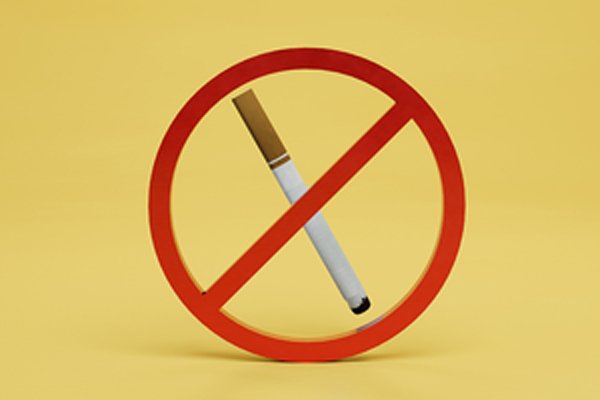65 percent of country’s health professionals in favor of safer tobacco alternatives- Study

New Delhi| Four out of 10 households are troubled by smoking addiction amid a growing tobacco epidemic in the country. A new report showed that 65 percent of health sector professionals in the country are demanding safer and new alternatives to tobacco to save lives.
The report of a Doctors Against Addiction (DAAD) survey in collaboration with Siegen Global Insights and Consulting revealed a significant shift in the attitudes of healthcare professionals, with 65 percent of doctors supporting integrating safer alternatives such as nicotine replacement therapy and heat-not-burn products into smoking addiction efforts
He emphasized the need for further research on the efficacy of these alternatives.The report marks a turning point in India’s ongoing fight against tobacco addiction, which causes more than 9,30,000 deaths annually. More than 2,500 people lose their lives every day due to smoking-related diseases.
Padmashree awardee and senior advisor at Sir Ganga Ram Hospital, Dr. Mohsin Wali said, “Tobacco addiction is the country’s biggest public health challenge”. To combat this we must give priority to scientifically accepted alternatives to quitting tobacco. Guiding patients toward safer alternatives as healthcare professionals is critical to saving lives and reducing the devastating impact of tobacco.”
DAAD Chief Coordinator Dr. Manish Sharma said, “India’s tobacco crisis is a national emergency, which requires immediate intervention”. Scientifically proven solutions to quitting smoking should be urgently statutory recommendations.”

The survey included 300 health care professionals in which more than 70 per cent cited the severity of addiction and lack of motivation and 60 per cent pointed to the lack of resources to quit addiction as major barriers to quit. It showed that smoking cessation in India is being hampered by inadequate follow-up care and poor implementation of evidence-based methods.
Only 7.4 per cent of health service providers regularly provide advice on how to quit addiction and only 56.4 per cent arrange follow up consultations. These figures indicate significant shortfalls.
Dr. Pawan Gupta, Senior Advisor, Pulmonary Medicine at BLK-Max Super Specialty Hospital, New Delhi said, “Multifunctional solutions are needed to get rid of tobacco addiction”. The rise of safe and new alternative products to quit smoking provides an opportunity to rethink our strategies. We can greatly improve our treatment outcomes by making these quit smoking strategies available in one place and by increasing people’s knowledge about it and about digital platforms and resources.”








